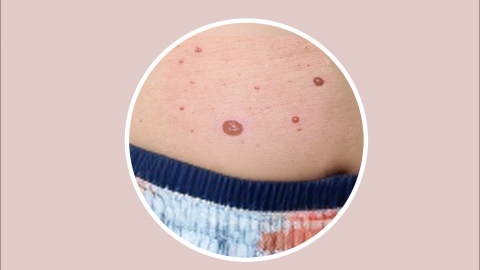What department should I visit for liver hemangioma?
Generally, hepatic hemangiomas can be treated at departments including hepatobiliary surgery, general surgery, radiology, oncology, and interventional medicine. The details are as follows:

1. Hepatobiliary Surgery: This department specializes in diseases of the liver, gallbladder, and related organs, and has extensive experience in diagnosing and treating hepatic hemangiomas. If the hemangioma is large or requires surgical intervention, this department can perform surgical resection or other appropriate procedures.
2. General Surgery: In some hospitals where hepatobiliary surgery is not a separate specialty, general surgery can manage cases of hepatic hemangioma. Doctors will conduct an initial assessment to determine whether further treatment is needed or if referral to a more specialized department is necessary.
3. Radiology: Using imaging techniques such as ultrasound, CT scans, and magnetic resonance imaging (MRI), the radiology department can clearly visualize the size, location, and morphology of hepatic hemangiomas, providing critical diagnostic information and assisting other departments in developing treatment plans.
4. Medical Oncology: When it is necessary to differentiate hepatic hemangiomas from malignant liver tumors, oncologists can analyze multiple test results to rule out malignancy and ensure accurate diagnosis.
5. Interventional Radiology: For patients with hepatic hemangiomas unsuitable for surgery, interventional radiology can employ treatments such as embolization. This involves inserting a catheter to deliver embolic material into the blood vessels supplying the hemangioma, causing it to shrink and achieve therapeutic effects.
Upon detection of a hepatic hemangioma, patients can initially visit the hepatobiliary surgery or general surgery department to determine the specific condition of the hemangioma. Follow medical advice for regular follow-up examinations. If the hemangioma significantly increases in size or causes discomfort, promptly proceed with further treatment as recommended. Never self-medicate or delay diagnosis and treatment.




